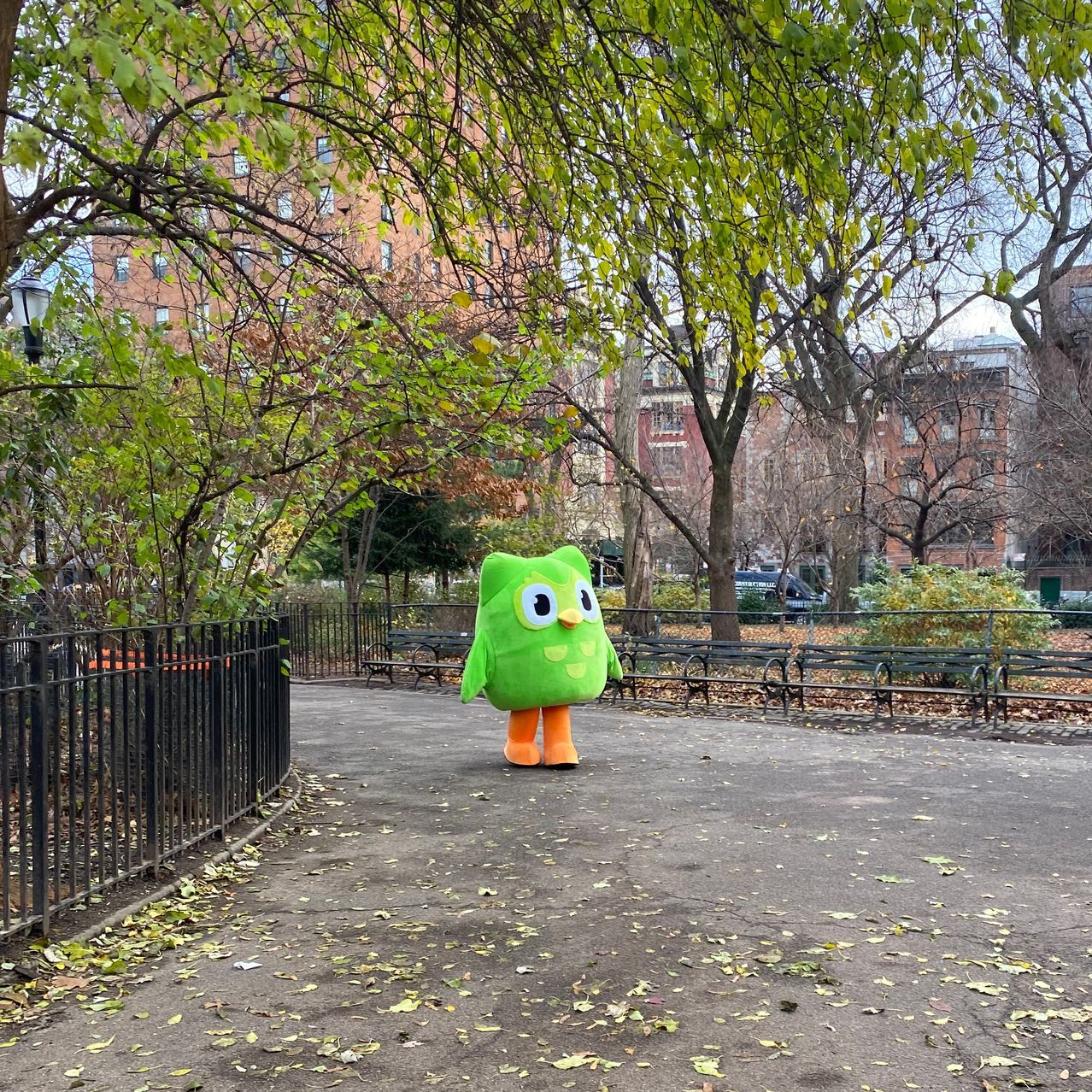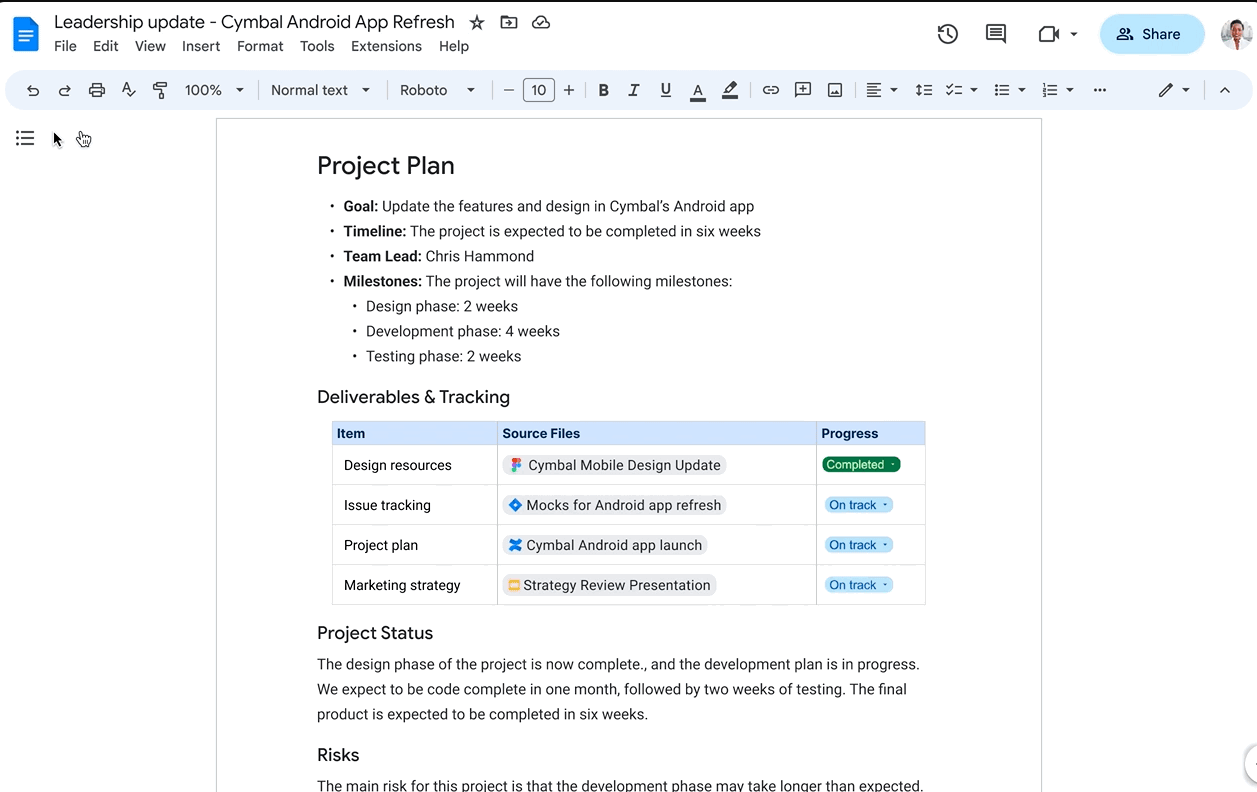June 19 2023 - AI, Agencies & Creators

👋Happy Monday friends. Surprisingly, no top stories today, it was a quiet Friday and weekend (don't worry, we still have plenty of AI/agency news though). Let's get into it–
✏️
Rundown
- Christine McCarthy, CFO of Walt Disney Co., is stepping down from her position. The company stated that McCarthy is taking a family medical leave. It is reported that McCarthy clashed with Disney CEO Robert Iger and other top executives over strategy, particularly regarding content spending and the restructuring of the company. McCarthy pushed for further consolidation within the Disney Entertainment unit to improve profit margins, which created disagreements with the unit's leadership. Kevin Lansberry, the current CFO of Disney Parks, Experiences and Products, will serve as interim CFO starting July 1. McCarthy will remain a strategic adviser until June 2024. McCarthy played a role in the ousting of former CEO Bob Chapek and chairman of Disney's general entertainment unit, Peter Rice. She also advocated for executives and directors to own a significant amount of stock. Disney is currently facing challenges in transitioning to a streaming-first business model, and McCarthy's successor will need to navigate these changes.
- According to a report by Forrester Research, approximately 33,000 jobs in ad agencies, accounting for 7.5% of the total agency workforce, will be lost to automation by 2030, with one-third of those losses attributed to generative AI. The positions most at risk include clerical, secretarial, and administrative roles (28% of job losses), followed by sales jobs (22% of job losses) and market research roles (18% of job losses). However, the report suggests that the impact of automation on the advertising workforce may not be as severe as feared. The gradual displacement of jobs will likely begin after regulatory and ethical questions surrounding AI are resolved. The report emphasizes that agencies will adapt to become smaller and more productive, with employees working alongside generative AI tools. Higher-paying positions such as editors, writers, and programmers are expected to benefit from automation without displacement. By 2030, approximately one-third of ad agency jobs will be influenced by generative AI in some capacity.
- Duolingo has shifted its marketing strategy from traditional TV ads to social media. The company's global head of marketing, Emmanuel Orssaud, explained that the return-on-investment for bigger-budget TV campaigns wasn't adding up, as 80% of Duolingo's growth came from word-of-mouth and the majority of users subscribed to its free, ad-supported version. Duolingo's social media posts, featuring its mascot owl in humorous scenarios, have gained attention and engagement, allowing for quick reactions to trending jokes and audio. The app has seen success on platforms like TikTok, Twitter, and Instagram. Duolingo's emphasis on social media marketing has been praised by company leadership for its efficiency and contribution to user growth.
“Our marketing team has really found its stride in terms of…the levers that work and don’t,” he said on the earnings call. “We’ve just found that we have a brand that is very good for social media. And it’s organic, it’s not paid stuff.”

- Ogilvy has introduced the AI Accountability Act, a new initiative calling for policy change in the advertising and PR industry regarding the use of AI-generated content. The agency is urging brands, agencies, and social media platforms to mandate disclosure of AI-generated campaigns to ensure transparency and maintain authenticity. Ogilvy aims to implement full disclosure through hashtag declarations and the use of watermarks on AI-generated content. The agency seeks to drive policy change and enable marketers to disclose collaborations with AI-generated content, similar to the "paid partnership" tag currently used. While some progress has been made with clear disclosure rules in India and ethical guidelines from companies like Meta and TikTok, Ogilvy believes more needs to be done. The agency aims to strike a balance between innovation and accountability, creating a future where AI influence coexists with authentic human experiences. Ogilvy has also established an AI-Generated Influencer Centre of Excellence in Vietnam to provide consultancy, virtual influencer creation, and AI-powered storytelling for brands.
- Félix Lengyel, popularly known as xQc, one of Twitch's most successful streamers, has announced that he is joining the rival streaming platform Kick. The two-year contract he signed is worth approximately $70 million, with potential incentives that could push the total to around $100 million. This deal signifies a blow to Twitch and highlights the strained relationship between the platform and its content creators. xQc, with nearly 12 million followers, has become a star in the livestreaming world. Top streamers have been leaving Twitch for other platforms due to lucrative deals, and some have criticized Twitch for prioritizing profitability over streamer satisfaction. Kick, a relatively new streaming platform, is known for its streamer-friendly policies, taking only a 5% cut of streamers' earnings compared to Twitch's 50%. xQc will primarily produce content for Kick but may occasionally appear on YouTube or TikTok. Although Kick is still smaller than Twitch, it has seen rapid growth and attracted other prominent streamers.
- Night School Studio, the indie game developer behind popular titles like Oxenfree, was looking for stability and a potential buyer in early 2021. They were in talks with Netflix about bringing their existing games to the platform when Netflix surprised them by offering to acquire the studio. Night School became Netflix's first video game team to be purchased outright. The deal was announced in September 2021, shortly after Netflix revealed its plans to enter the video game publishing and development industry. Night School had previously worked with other publishers but found something special in Netflix's approach, which focused on unblocking the team and supporting their creative vision. The partnership has allowed Night School to expand its team, work on Oxenfree II, and benefit from the resources and autonomy provided by Netflix. Netflix now owns several video game studios and plans to expand further into AAA development.
- Meta has announced plans to lower the recommended age for using its Quest headset from 13 to 10. The move aims to reach a younger audience but raises privacy and safety concerns among parents and global watchdogs. Meta stated that parental approval would be required for preteens to set up an account, and they would only have access to apps and content suitable for their age group. The company is in discussions with regulators to address concerns about potential risks for younger children using the headset. As the metaverse becomes crucial to Meta's future, lowering the age requirements for the Quest headset may help familiarize younger users with the technology. However, critics argue that Meta is lowering age restrictions based on business imperatives rather than considering children's safety.
- Dentsu will no longer be a major broadcast rights holder in Asia for the Olympics due to corruption charges linked to the Tokyo Olympics. The International Olympic Committee (IOC) has awarded exclusive rights for four Olympics from 2026 to 2032 to the Switzerland-based, Chinese-owned sports marketing agency Infront. The deal includes several Asian markets but excludes China, Japan, and South Korea. Dentsu, which previously acted as the "gatekeeper" for selling Asian rights to broadcasters, was not mentioned in the statement by the IOC and Infront. Dentsu is facing charges of collusion in commercial contracts for the Tokyo Olympics, and its involvement in various scandals has had repercussions, such as the withdrawal of Sapporo's candidacy to host the 2030 Winter Olympics. Infront already holds Olympic broadcast rights in sub-Saharan Africa and is known for its partnership with FIFA and winter sports. It was acquired by Chinese corporation Wanda in 2015.
- Rivian is redesigning the EV shopping experience with its new retail showrooms called Rivian Spaces. The first Rivian Space has opened in New York City's Meatpacking District and aims to provide a casual and inviting environment for potential EV buyers to learn about the brand and its vehicles without the pressure of a traditional dealership. The Spaces feature materials, furnishings, and interactive displays that create a warm and relaxed atmosphere, similar to other retail experiences. Rivian also incorporates sustainability into the design of its Spaces, using diverted ocean-bound plastics and considering their environmental footprint. The company plans to expand the Spaces concept to other locations across the country, with each location reflecting its local identity and incorporating distinct furnishings. Rivian is striving to make the EV shopping experience more enjoyable and educational, focusing on product experiences and education rather than immediate sales pressure.

- Meta plans to make its next version of an open-source large-language model commercially available, allowing other companies to use and profit from. This move could challenge proprietary software offered by competitors like Google and OpenAI. By releasing the open-source AI model, Meta aims to improve its own AI models for consumer and advertising products. The first version of Meta's open-source large-language model, known as LLaMA, was released earlier this year for research purposes, but a commercially available version could lead to wider adoption. OpenAI is also considering releasing a new open-source large-language model, but it may not match the capabilities of its proprietary model. Meta's decision to make LLaMA commercially available could potentially expose the company to legal liability if copyrighted material was used in training the software.
- Google has introduced the ability to embed third-party app "smart chips" in Google Docs, allowing users to view data from external apps within their documents. This feature is part of Google's ongoing revamp of its office suite, known as "smart canvas." Users need to install the app's add-on from the Google Workspace Marketplace and paste the app's share link into the document. By hitting the tab key, the smart chip is added, providing a preview of the app's information and work status. Different developers implement smart chips differently, such as Figma allowing users to preview design files and Atlassian Cloud enabling the attachment of Jira issues.

🖥️
Quick Links
- How to Use A.I. as a Shopping Assistant
- How Instant Pot went from coveted appliance to bankruptcy
- Here’s the note Reddit sent to moderators threatening them if they don’t reopen
- UPS Drivers Officially Vote to Authorize a Strike
- Twitch’s New CEO Tries to Strike the Right Chords
- Google's designers on why the Pixel Fold isn't just another foldable
- Jon Wilkins and Nik Studzinski to depart Accenture Song
- Entries for this year's Cannes Lions increase 6% from 2022
- L’Oréal Hair And Beauty Innovations: AR, AI, Web3 Driving D&I And Utility
- AI-generated narrators threaten voice actors hoping for audiobook gigs
- How Pixar has changed in the last 20 years
- Minx, Nimona, and other trailers you may have missed this week
- Guillermo Del Toro Will Only Make ‘A Couple More’ Live Action Films Before Shifting Entirely To Animation
- Annecy’s MIFA Feature Pitches 2023: Five Projects That Caught Our Eye
- Everyone Says Social Media Is Bad for Teens. Proving It Is Another Thing.
- 28 Newly Restored Walt Disney Animation Studios Shorts Are Headed To Disney+ In The Coming Months
💡
Watch This
Shout out to our friends at Block, launching their In-House Creative Studio with "Reimagine" Short Film
Behance breakdown here
As always, send us feedback at: thebrandtrackers@gmail.com
Member discussion